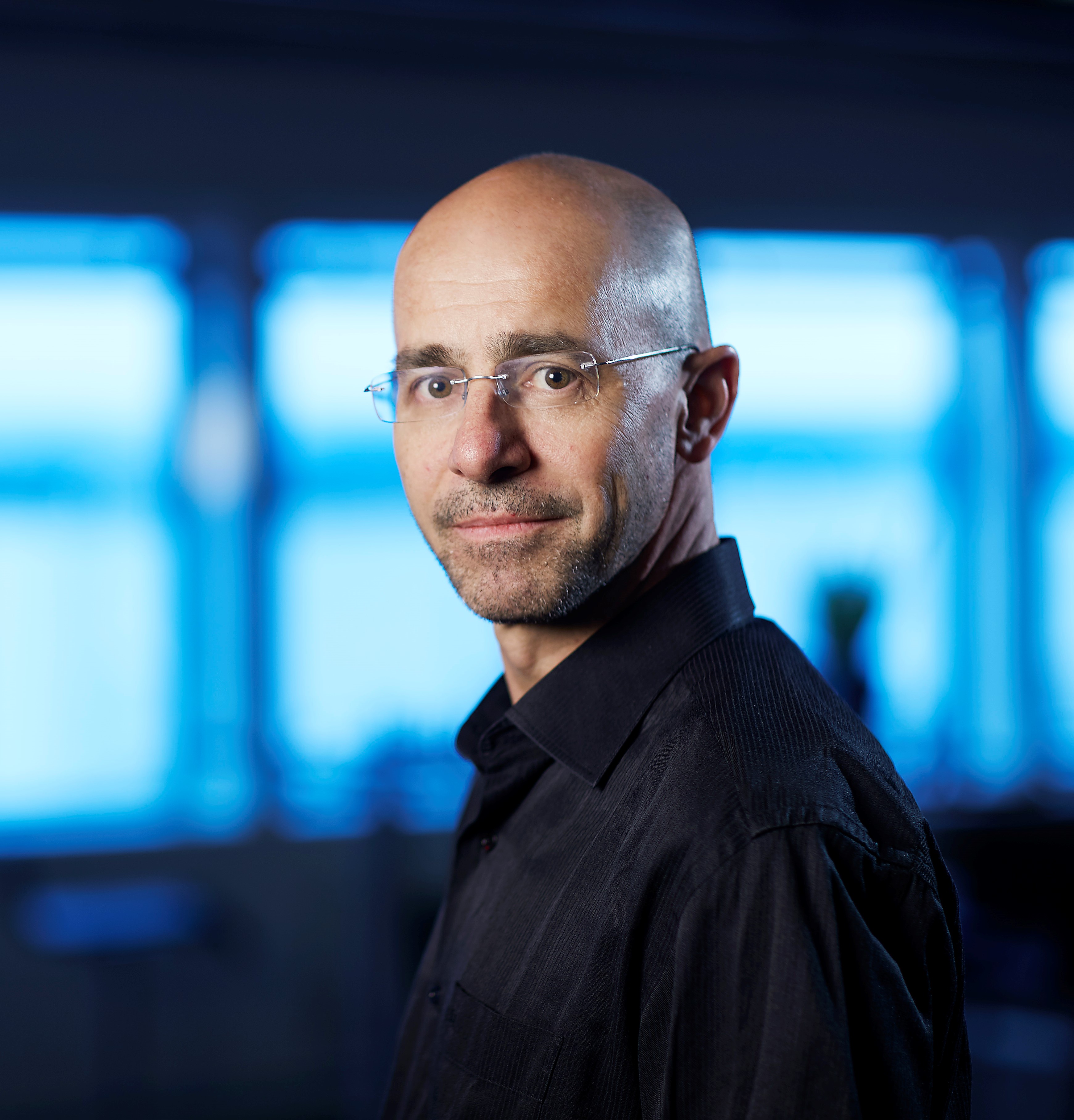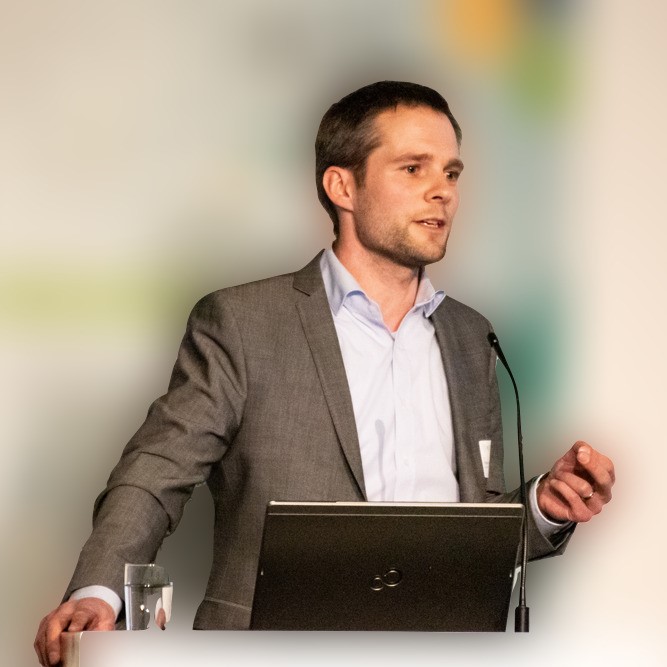17th European Dependable Computing Conference
13-16 September 2021
Munich, Germany
Keynotes
| Sep 14th, 2021: | Claus Bahlmann, Siemens Mobility, LinkedIn (slides) | |
| Sep 15th, 2021: | Arnaud Gotlieb, Simula Research Laboratory, LinkedIn (slides) | |
| Sep 16th, 2021: | Fabian Hüger, CARIAD and Volkswagen AG, LinkedIn (slides) |
The Power of AI & CV for Automation in Rail and its Challenges
Dr. Claus Bahlmann
Head of AI & Principal Expert Computer Vision & Artificial Intelligence, Siemens Mobility GmbH
Tuesday, Sept. 14, 2021
Abstract The future demand for mobility solutions in the world's growing cities and societies requires an increasing degree of automation in the rail industry: Automation improves passenger throughput, it improves transport offerings by allowing for a more flexible, demand responsive rail operation, saves energy and operation cost, it enables just-in-time maintenance and allows for creation and exploitation of large scale digital twins, which in turn can optimize the whole lifecycle of rail systems. Solutions to those demands need to obey to high safety standards of our industry. While traditional automation in the rail domain has been proven in the past decades to work safely, recent advances in artificial intelligence (AI), especially machine learning (ML), open new opportunities to address the new challenges effectively, while also enabling new offerings and business models. However, the ML paradigm poses new challenges to ensure safety. This talk examines those challenges and discusses solution approaches.
Leveraging AI methods for testing non-testable autonomous systems
Arnaud Gotlieb
Chief Research Scientist, Simula Research Laboratory
Wednesday, Sept. 15, 2021
Autonomous systems are emerging entities that embed self-adapting and self-reasoning capabilities based on multiple sensors, such as for example autonomous ships and industrial collaborative robots. Autonomous technologies offer a significant opportunity to enhance industrial processes and economy, but they may also cause fatal harm if they malfunction. Thus, thoroughly testing these systems is crucial to ensure their safe and fault-free behaviour in many situations, but it is also challenging as validation engineers can hardly predict their expected behaviours. For that reason, these systems appear to be non-testable. Hopefully, several Artificial Intelligence based methods are developed to help and support validation engineers in the validation of autonomous systems but these technologies still lack support and automation. My talk will review some of these intelligent validation methods and how they are deployed to testing autonomous systems. It will also address current challenges in this area.

Towards Safe AI for Automated Driving
Dr. Fabian Hüger
AI Safety Researcher
Thursday, Sept. 16, 2021
Highly automated vehicles must be able to accurately perceive their environment and react appropriately. Reliable environment Perception including reliable identification and classification of all relevant road users is a basic prerequisite for implementing autonomous driving functions. This is especially true for the perception of the environment in complex urban traffic situations. Methods of artificial intelligence (AI) are considered the method of choice for perception functions making AI a key technology. One of the greatest challenges for integrating these technologies into highly automated vehicles is ensuring and certifying the (functional) safety of such systems without the driver as a safety fallback. Existing and established safety processes cannot directly be transferred to machine learning methods. The German publicly-funded project “KI Absicherung” is addressing this issue: For an urban L4 system with AI-based pedestrian detection, methods and measures for verifying the safety of the AI function are developed and investigated. An exemplary safety argumentation is developed and may serve as a template for the industry. This talk introduces our approach, discusses DNN-specific Safety Concerns and methods and measures for their mitigation.
